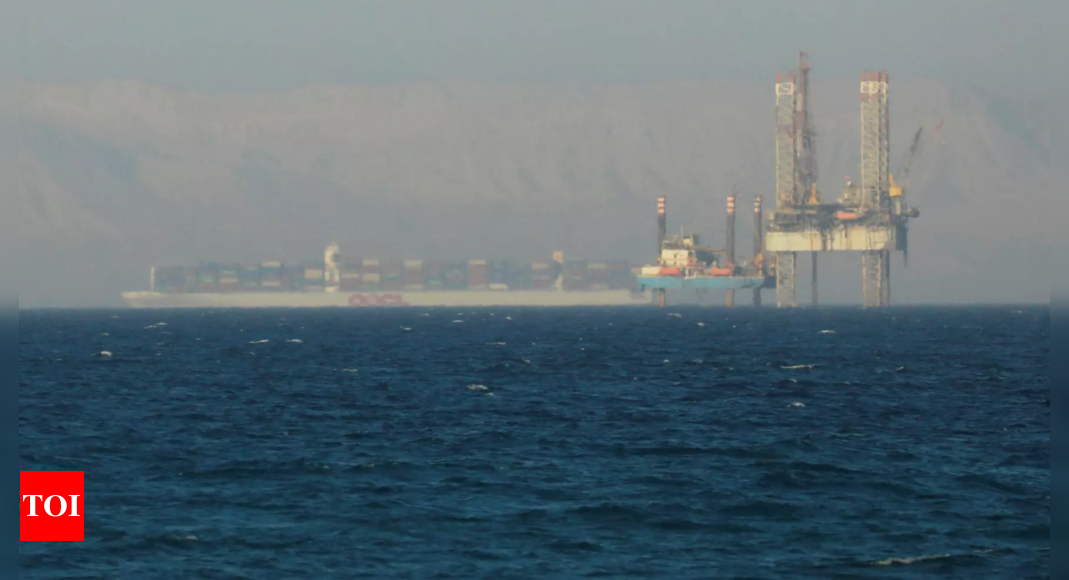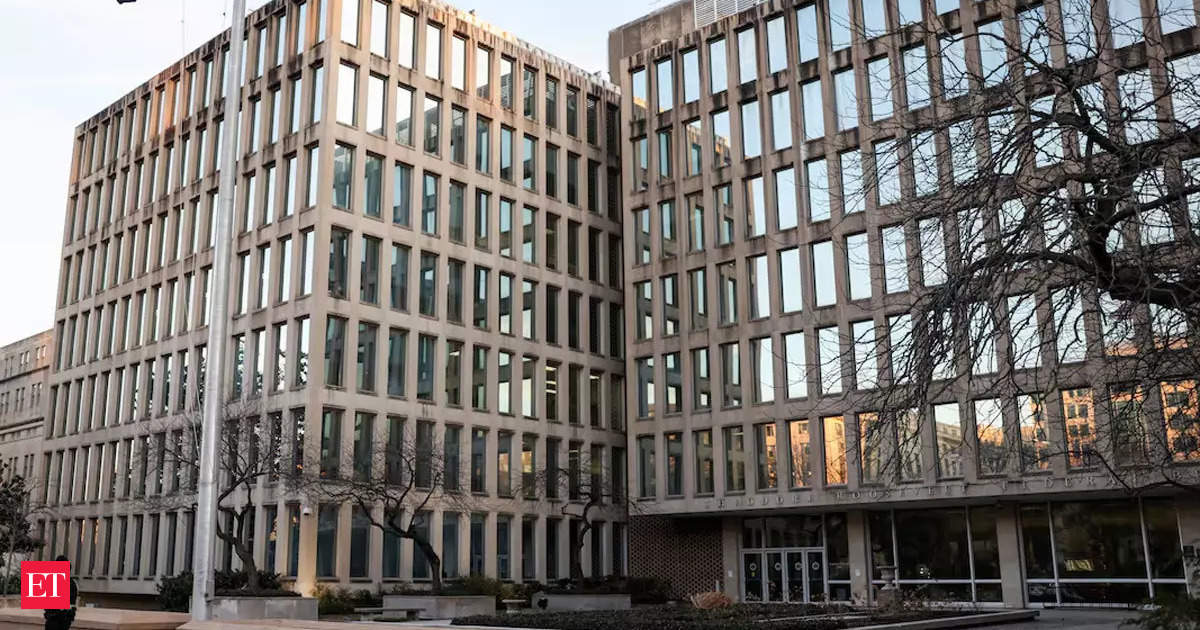The targeted strikes by the US and the UK on Houthi militia in the Red Sea have increased worries for policymakers as the disruption around the Red Sea has begun to impact supply chains and make shipping schedules erratic. Oil prices have gone up by 2%, with Brent crude futures edging past $79 per barrel. US West Texas Intermediate crude futures have also risen. Container rates have already soared, and the spot rates for a 20-feet container from Shanghai to Europe have seen a significant increase. In India, prices have gone up, and a leading insurance company has stopped providing marine insurance. The government is urged to ensure that companies provide insurance to exporters. Delays are being experienced as ships sail around the Cape of Good Hope, taking longer and adding around 14 days to sailing time. This has impacted shipping lines that provide weekly container shipping services and caused a shortage of available containers. Some shipping lines are not sticking to schedules, creating further issues. The longer sail time will also affect container availability in the market. While supplies haven’t been impacted so far, there may be issues if the problem persists. Tesla has announced a shutdown of its Berlin plant due to delays in supply chains. Around 10-15% of global shipping passes through the Red Sea, making this a crucial route for commercial goods. The situation in the Red Sea is being closely monitored by the commerce department.











